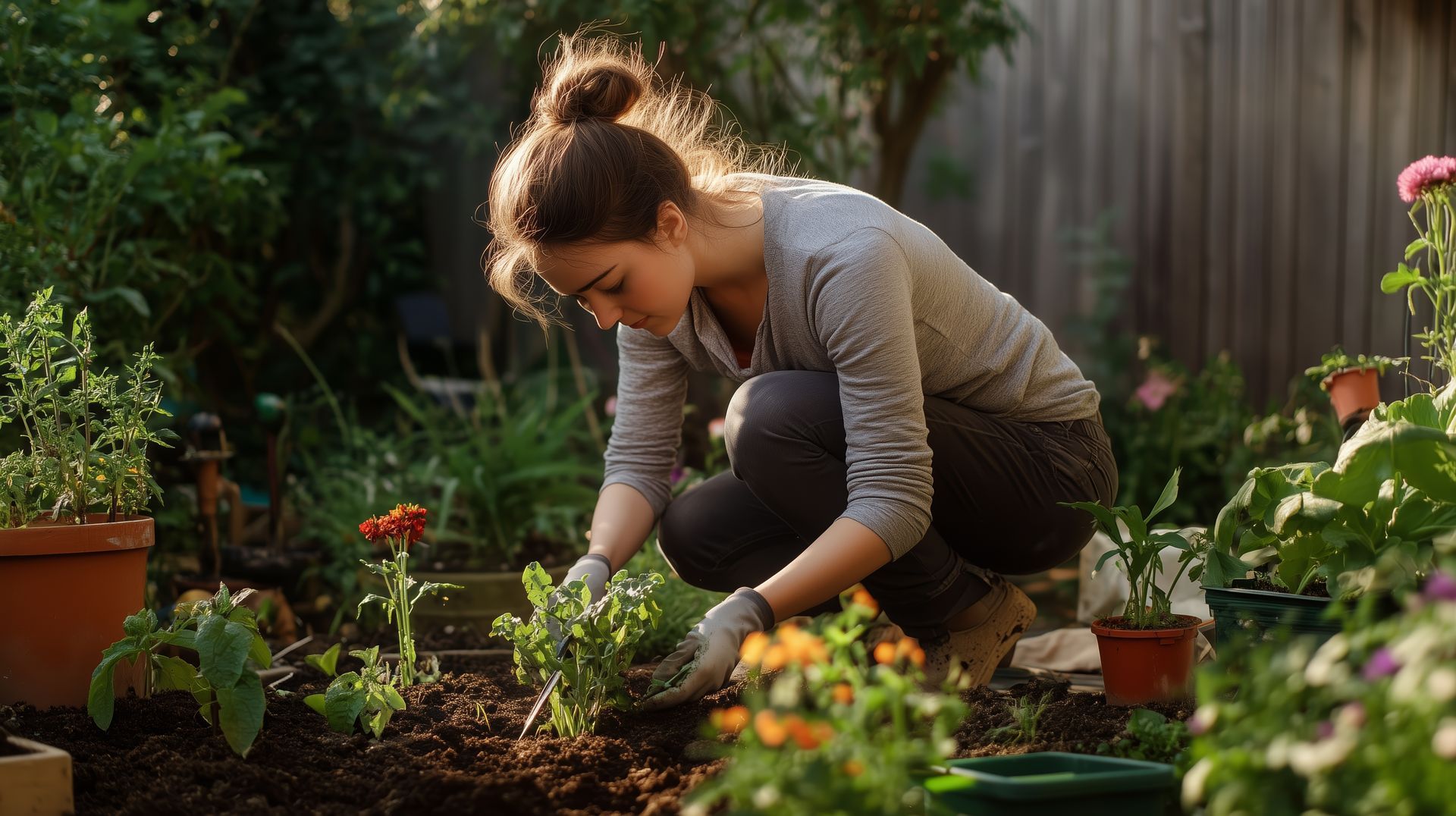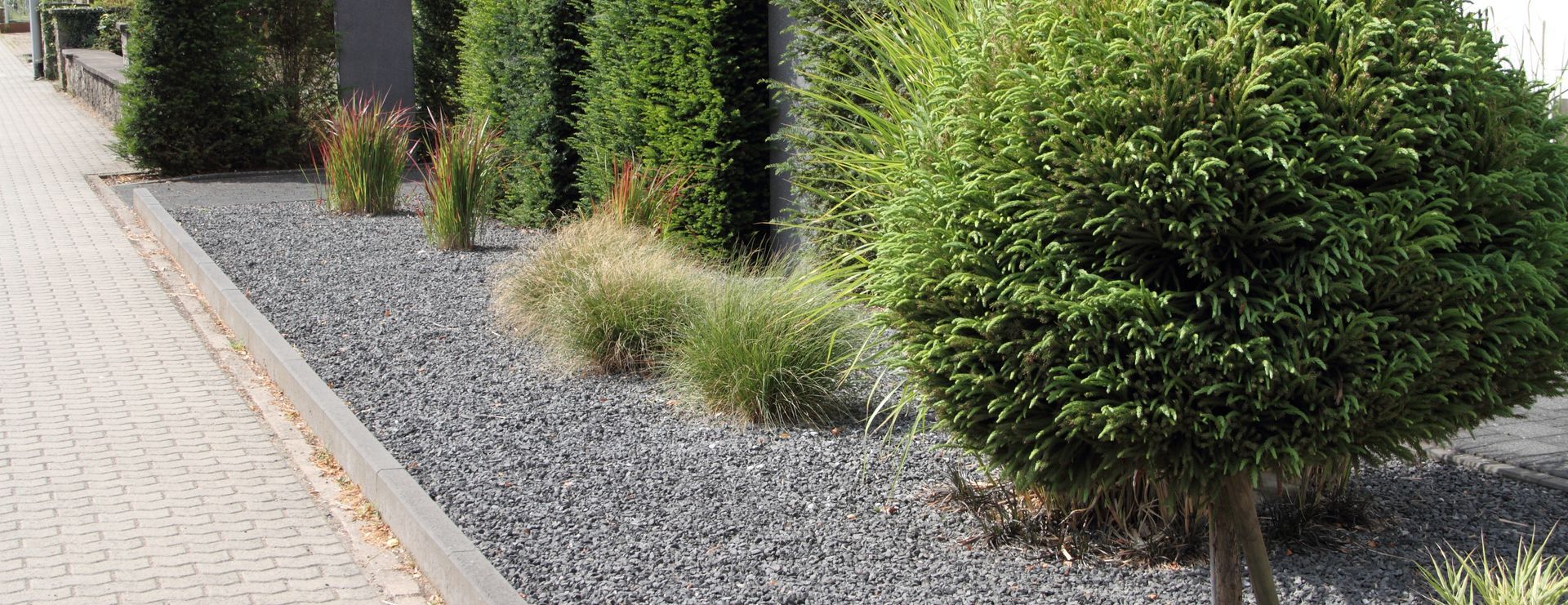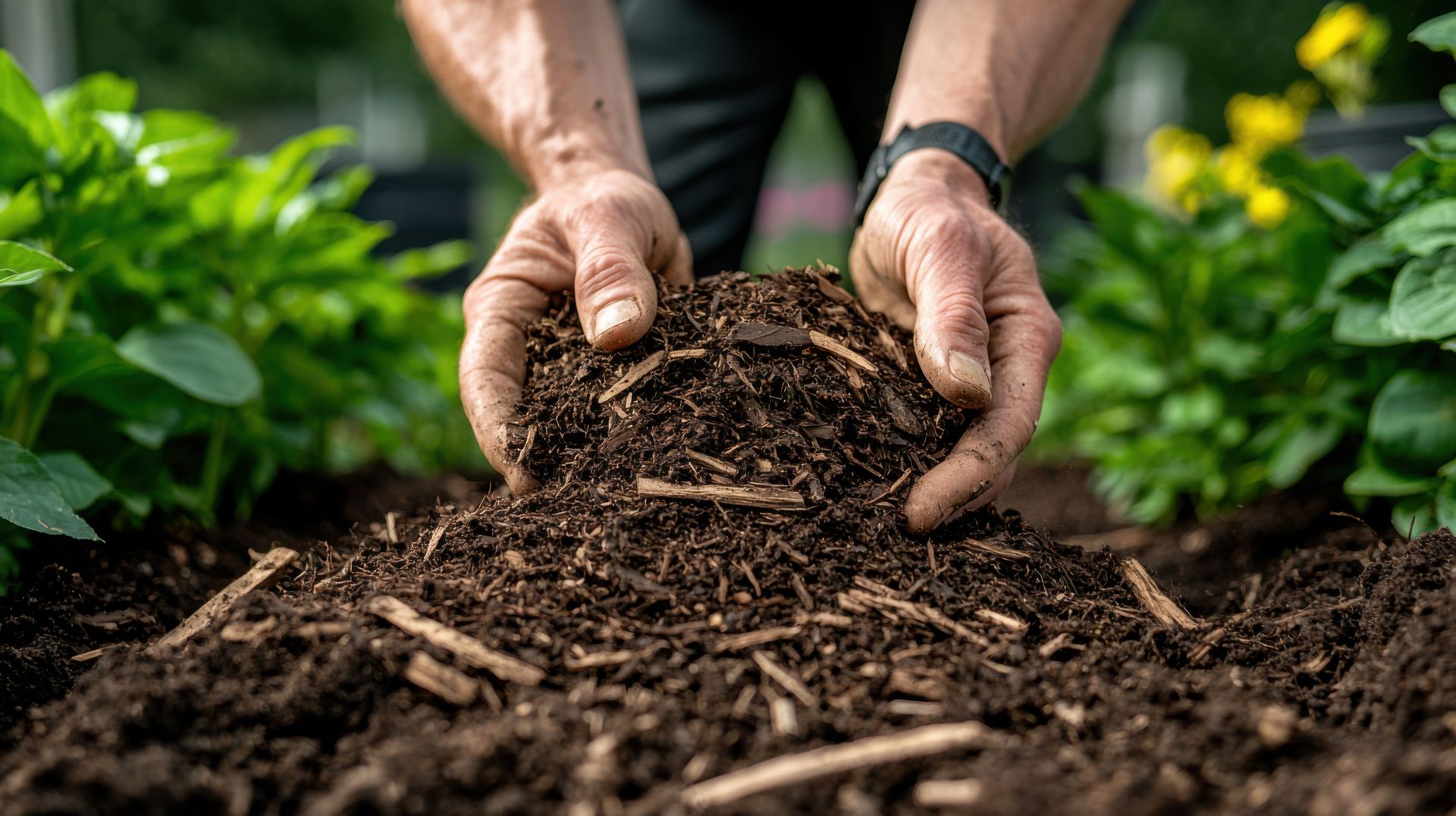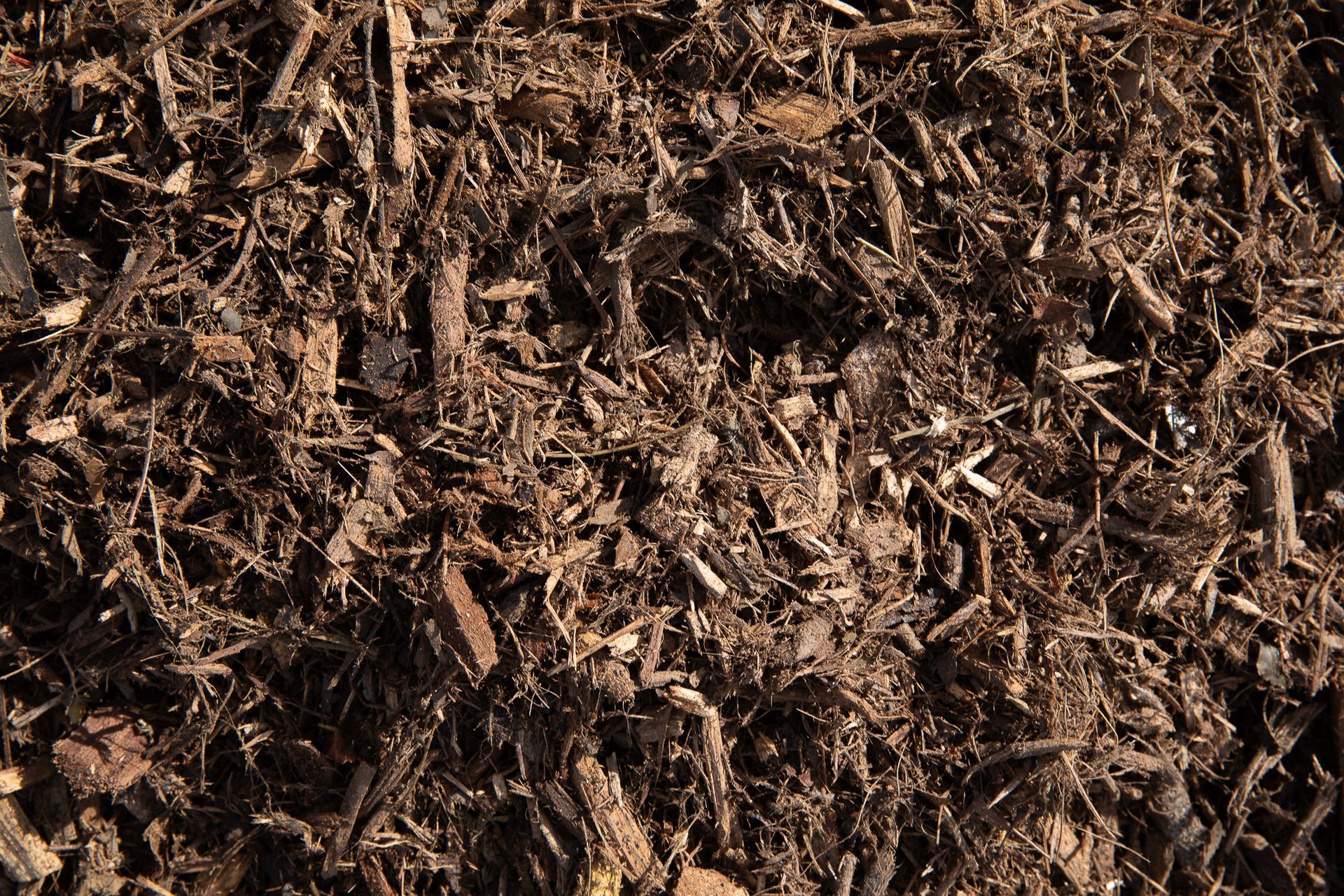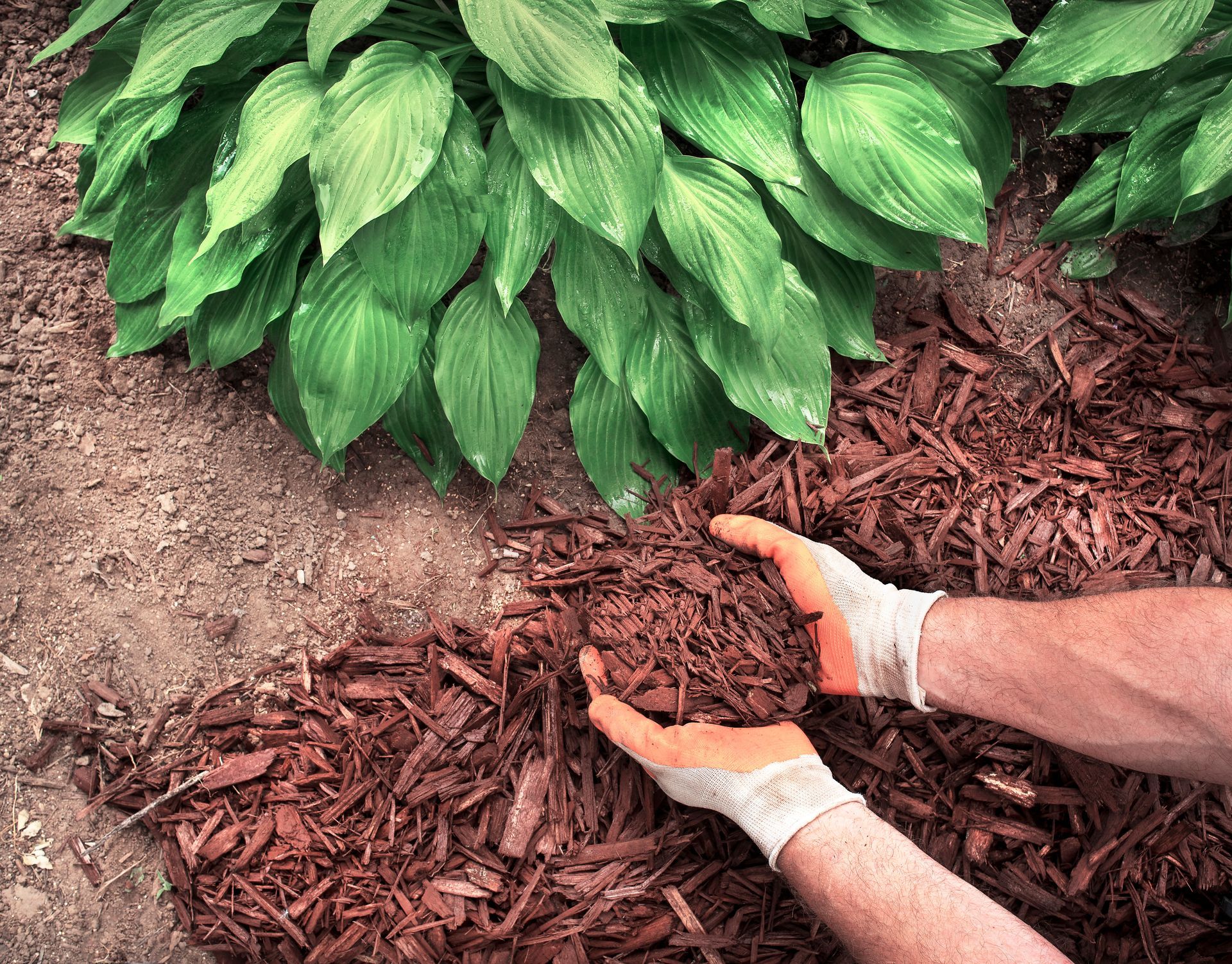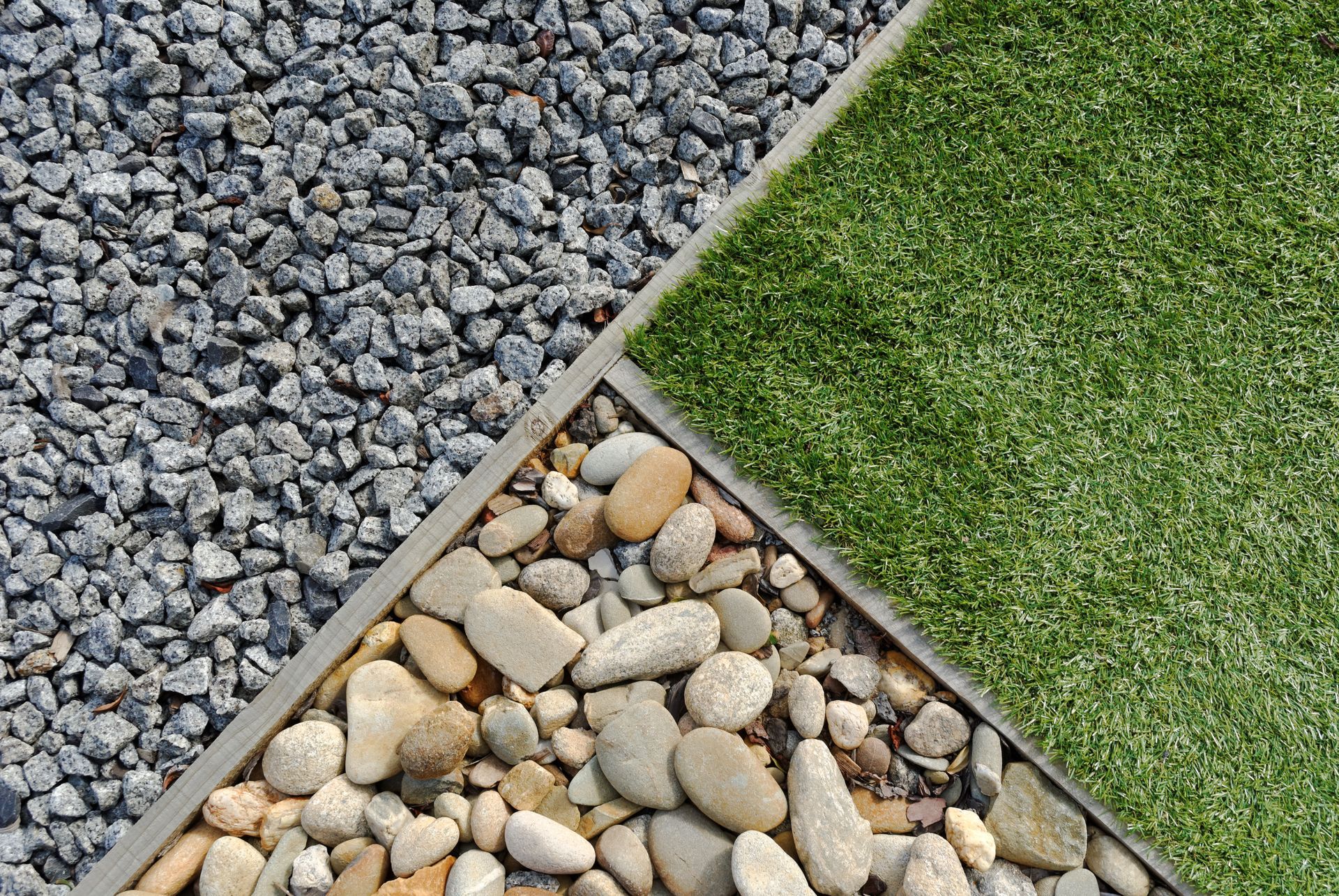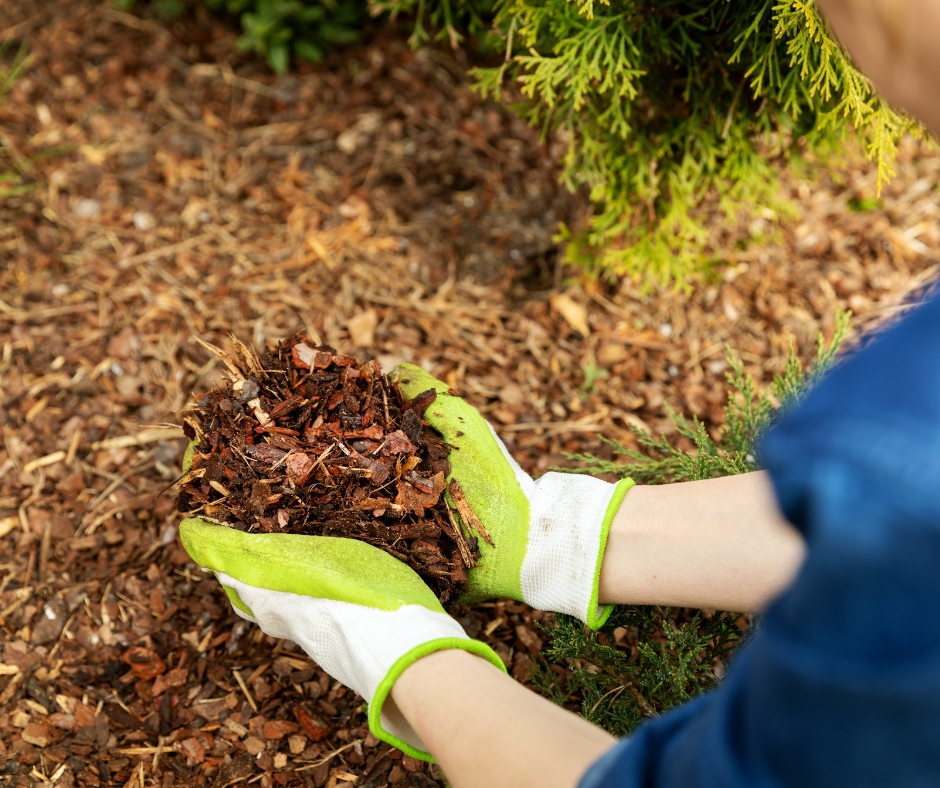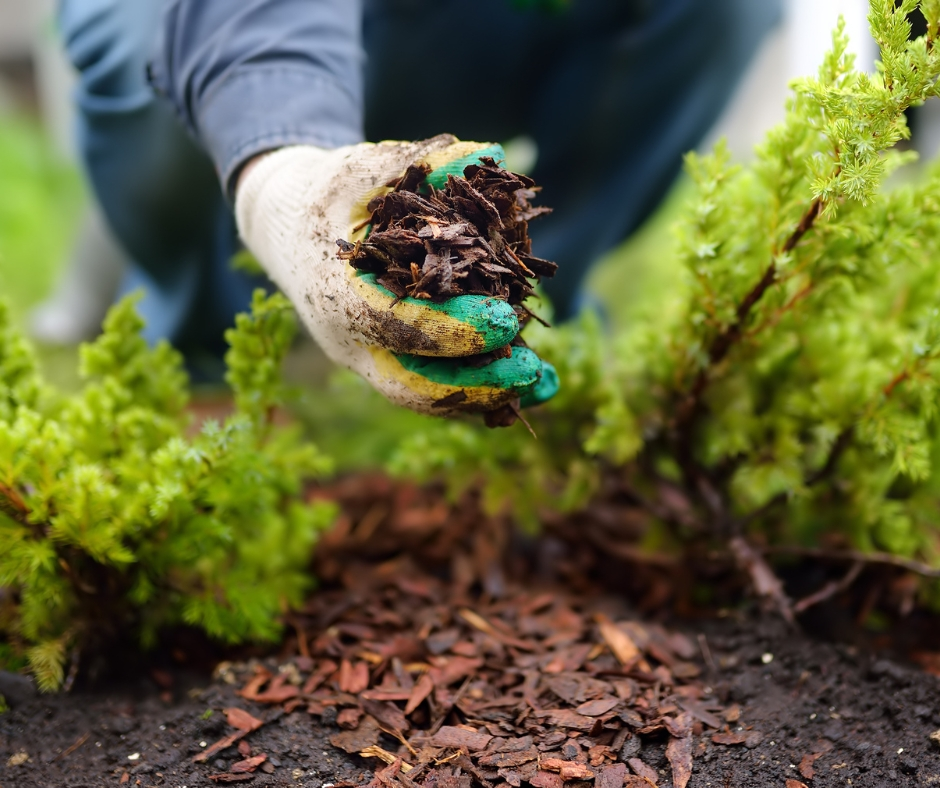Mulch: The Unsung Hero Of Gardening
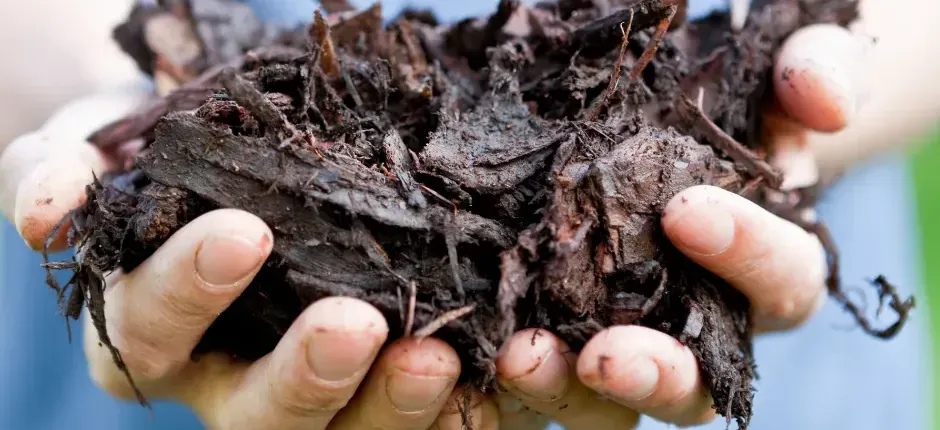
Mulch is often seen as a necessary evil in gardening – something that is necessary to keep the weeds down, but which is otherwise an unappealing addition to the garden. However, mulch is a hero of gardening, and there are many good reasons to use it in your garden.
Mulch helps to suppress weeds, retain moisture in the soil, and protect plants from extreme temperatures. It can also improve the appearance of your garden and make it easier to maintain.
If you are not already using mulch in your garden, then it’s time to start! Read on to learn more about the benefits of mulch and how to use it in your garden.
What is mulch?
Mulch is a material placed on the surface of the soil in a garden or landscape. It is used to protect the soil from damage and to help retain moisture in the soil. Mulch can be made from many different materials, including wood chips, straw, leaves, grass clippings, or newspaper.
Organic mulches, such as wood chips, straw, and leaves, decompose over time, adding nutrients to the soil and improving its structure. Inorganic mulches, such as stone or gravel, don’t decompose and are used for aesthetics and to reduce the amount of weeding needed.
Mulch provides many benefits to a garden. It helps control weeds, retain moisture in the soil, slow down the evaporation of water, and insulate the soil from extreme temperatures. It can also improve the appearance of your garden and make it easier to maintain.
By using mulch in your garden or landscape, you can reduce the amount of time spent weeding, watering, and pruning. It can also help protect plants from damage caused by the sun, cold temperatures, or soil erosion. Mulch is an underrated but very helpful addition to any garden or landscape.
The benefits of mulch
Mulch helps protect the soil by keeping it from being exposed to the elements, which can cause damage to the plant's roots. Mulch also helps keep the soil cooler in summer and warmer in winter, helping the plant to thrive. Water retention is also improved when there is a layer of mulch on the soil; mulch helps the soil to hold moisture longer, which is especially important in hot, dry weather.
Additionally, mulch can help reduce soil compaction and improve air circulation, which helps the roots to breathe. Mulch is also great for preventing erosion, as it prevents the soil from being washed away by heavy rain.
Mulch also helps to keep weeds at bay. Weeds use up vital nutrients in the soil, so keeping them out is important for the health of the garden. Adding a layer of mulch on top of the soil, stops weed seeds from germinating, meaning fewer weeds.
Finally, mulch can also add to the aesthetic of your garden. Mulch can come in different colors and textures and can be used to create a striking contrast in the garden, adding interest to the look and feel of the garden.
The different types of mulch
When adding mulch to your garden, you have a few options. The type of mulch you choose should depend on the type of plants and their soil preferences.
Organic mulch is a great option as it’s made from natural materials like bark, compost, straw, and grass clippings. This type of mulch requires regular maintenance such as topping it up as it decomposes over time.
Inorganic mulch is a longer-lasting option as it’s not biodegradable, so it won’t decompose in your garden. Examples of inorganic mulches are plastic sheeting, pebbles, and stones.
Whichever type of mulch you choose, it’s important to ensure that you apply the mulch correctly so that you reap all the benefits from it in your garden. The proper application involves laying the mulch down in a thick layer no more than 4 inches deep and avoiding contact with the stem and leaves of plants.
How to apply mulch in your garden
When laying down mulch, the key is to use the right tools and techniques. To get the best results, follow these steps:
- Ensure the soil is well-prepared by raking it level and removing any weeds or debris.
- Add a layer of organic mulch, ideally at least 4 inches deep. When using inorganic mulch, applying up to 2 inches of material is sufficient.
- Use a garden fork or tiller to lightly spread the mulch.
- Keep mulch away from plant stems and leaves to ensure the mulch does not cause rot.
- Water the mulch to help it settle into place and help it retain moisture.
By following these tips, you can ensure your garden is well-mulched and looking great.
Mulch: the unsung hero of gardening!
Mulch is your unsung hero when it comes to gardening! Not only does it enrich your garden soil, but it helps to keep weeds at bay, regulate soil temperature and conserve moisture in your soil. But the benefits don’t stop there. Here are 6 additional benefits of mulching in your garden:
- Nutrient Retention – Mulch absorbs and retains key soil nutrients, thereby improving its overall health.
- Improved Soil Structure – Mulching helps decompose organic matter, creating a healthier soil structure and encouraging the development of beneficial microorganisms in the soil.
- Pest Control – Mulch can help control pests by maintaining a more desirable soil temperature and denying insects and other critters an environment to breed in.
- Weed Suppression – Not only does mulch keep weeds from sprouting, but it also helps prevent weed seeds from germinating in the first place.
- Soil Erosion Control – Mulch prevents soil erosion by protecting the soil from water and wind while providing a physical barrier to prevent the loss of soil particles.
- Aesthetic Appeal – Ultimately, mulching can give your garden a finished look. Use it to create a neat and attractive garden space.
North County Supply is the only shop you'll need for all of your landscape material needs!
We carry a wide variety of materials including mulch, playground chips, soil, and more!
Our knowledgeable staff is always happy to help you find what you need and answer any questions you may have.
Call us at 760-744-3444
North County Supply's Service Locations: San Diego, Escondido, San Marcos, Vista, Oceanside, Carlsbad, Chula Vista, El Cajon, Poway, Santee, Encinitas, Valley Center, La Mesa, Temecula, Murrieta, Coronado, Del Mar, Alpine, Lakeside, Fallbrook, Daley Ranch, Hidden Meadows, Menifee, Solana Beach, Carmel Valley, Ramona, Torrey Pines, Rancho Penasquitos.
